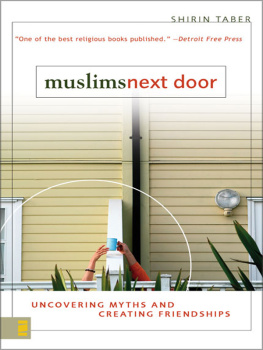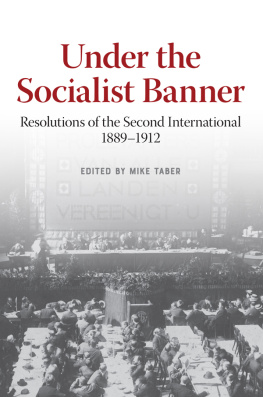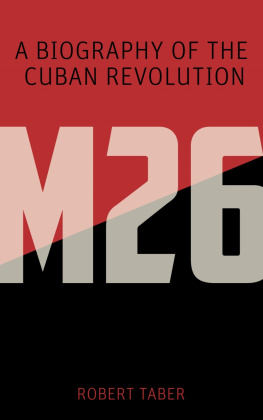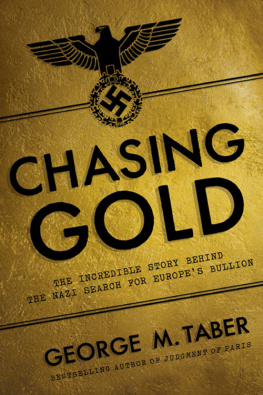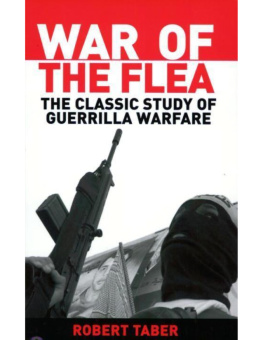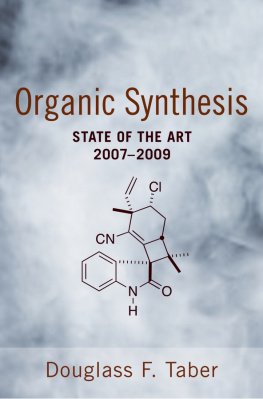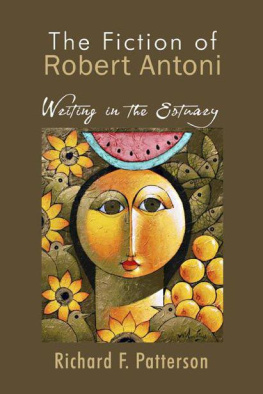
Free Communities of Color and the Revolutionary Caribbean
The tumult of the Age of Atlantic Revolutions provided new opportunities for free communities of color in the Caribbean, yet the fact that much scholarship places an emphasis on a few remarkable individualswho pursued their freedom and respectability in a high-profile mannercan mask as much as it reveals. Scholarship on these individuals focuses on themes of mobility and resilience, and can overlook more subversive motives, underrepresent individuals who remained in communities, and elide efforts by some to benefit from racial hierarchies. In these free communities, displays of social, cultural, and symbolic capitals often reinforced systemic continuity and complicated revolutionary-era tensions among the long-free, enslaved, and recently-freed.
This book contains seven fascinating studies, which examine Haiti, Caracas, Cartagena, Charleston, Jamaica, France, the Netherlands Antilles, and the Swedish Caribbean. They explore how free communities of color deployed religion, literature, politics, fashion, the press, history, and the law in the Atlantic to defend their status, and at times define themselves against more marginalized groups in a rapidly changing world.
This book demonstrates that problems of belonging, difference, and hierarchy were central to the operation of Caribbean colonies. Without recalibrating scholarship to focus on this, we risk underappreciating how the varied motivations and ambitions of free people of color shaped the decline of empires and the formation of new states.
The chapters in this book were originally published as a special issue of Atlantic Studies.
Robert D. Taber is Assistant Professor of Government and History at Fayetteville State University, USA, where he researches family life in colonial and revolutionary Haiti. He received his Ph.D. from the University of Florida, USA.
Charlton W. Yingling is Assistant Professor of History at the University of Louisville, USA. He studies race and religion in Spanish Santo Domingo during the Age of Revolutions. He received his Ph.D. from the University of South Carolina, USA.
Free Communities of Color and the Revolutionary Caribbean
Overturning, or Turning Back?
Edited by
Robert D. Taber and Charlton W. Yingling
First published 2018
by Routledge
2 Park Square, Milton Park, Abingdon, Oxon, OX14 4RN, UK
and by Routledge
711 Third Avenue, New York, NY 10017, USA
Routledge is an imprint of the Taylor & Francis Group, an informa business
Chapters 1-7 2018 Taylor & Francis
Chapter 8 2017 Jessica Vance Roitman
All rights reserved. No part of this book may be reprinted or reproduced or utilised in any form or by any electronic, mechanical, or other means, now known or hereafter invented, including photocopying and recording, or in any information storage or retrieval system, without permission in writing from the publishers.
Trademark notice: Product or corporate names may be trademarks or registered trademarks, and are used only for identification and explanation without intent to infringe.
British Library Cataloguing in Publication Data
A catalogue record for this book is available from the British Library
ISBN 13: 978-0-8153-4761-3
Typeset in MyriadPro
by diacriTech, Chennai
Publishers Note
The publisher accepts responsibility for any inconsistencies that may have arisen during the conversion of this book from journal articles to book chapters, namely the possible inclusion of journal terminology.
Disclaimer
Every effort has been made to contact copyright holders for their permission to reprint material in this book. The publishers would be grateful to hear from any copyright holder who is not here acknowledged and will undertake to rectify any errors or omissions in future editions of this book.
Contents
Robert D. Taber and Charlton W. Yingling
Cristina Soriano
John Garrison Marks
Ale Plsson
Erin Zavitz
Margaret B. Crosby-Arnold
Daniel Livesay
Jessica Vance Roitman
The chapters in this book were originally published in Atlantic Studies, volume 14, issue 3 (September 2017). When citing this material, please use the original page numbering for each article, as follows:
Robert D. Taber and Charlton W. Yingling
Atlantic Studies, volume 14, issue 3 (September 2017) pp. 263274
Cristina Soriano
Atlantic Studies, volume 14, issue 3 (September 2017) pp. 275295
John Garrison Marks
Atlantic Studies, volume 14, issue 3 (September 2017) pp. 296317
Ale Plsson
Atlantic Studies, volume 14, issue 3 (September 2017) pp. 318335
Erin Zavitz
Atlantic Studies, volume 14, issue 3 (September 2017) pp. 336353
Margaret B. Crosby-Arnold
Atlantic Studies, volume 14, issue 3 (September 2017) pp. 354381
Daniel Livesay
Atlantic Studies, volume 14, issue 3 (September 2017) pp. 382398
Jessica Vance Roitman
Atlantic Studies, volume 14, issue 3 (September 2017) pp. 399417
For any permission-related enquiries please visit:
http://www.tandfonline.com/page/help/permissions
Margaret B. Crosby-Arnold is a senior scholar of research in the European Institute and the Department of History, Columbia University, USA. Her work focuses on developing the history of diversity as a new field of historical research.
Daniel Livesay is Assistant Professor of History at Claremont McKenna College, USA. His research focuses on questions of race, slavery, and family in the colonial Atlantic World.
John Garrison Marks is Program Coordinator for Saving Hallowed Ground, a public history and historic preservation non-profit based in Devon, USA. He is currently revising a manuscript that examines racial identity and social mobility for free people of color in the urban Atlantic World.
Ale Plsson is a Senior Lecturer in History at Stockholm University, Sweden. His interests include Scandinavian colonial history, maritime history, and political language.
Jessica Vance Roitman is a Researcher at the Royal Netherlands Institute of Southeast Asian and Caribbean Studies, Leiden, Netherlands. She works on Caribbean history, particularly the history of the Dutch Leeward Islands, as well as Caribbean Jewish history.
Cristina Soriano is Assistant Professor of History, and Director of the Latin American Studies Program at Villanova University, USA. Her research looks at imperial transformation in Trinidad, and the Spanish Caribbean.
Robert D. Taber is Assistant Professor of Government and History at Fayetteville State University, USA, where he researches family life in colonial and revolutionary Haiti.
Charlton W. Yingling is Assistant Professor of History at the University of Louisville, USA. He studies race and religion in Spanish Santo Domingo during the Age of Revolutions.
Erin Zavitz is Assistant Professor of History at the University of Montana Western, USA. Her research focuses on nineteenth- and twentieth-century Haiti.





